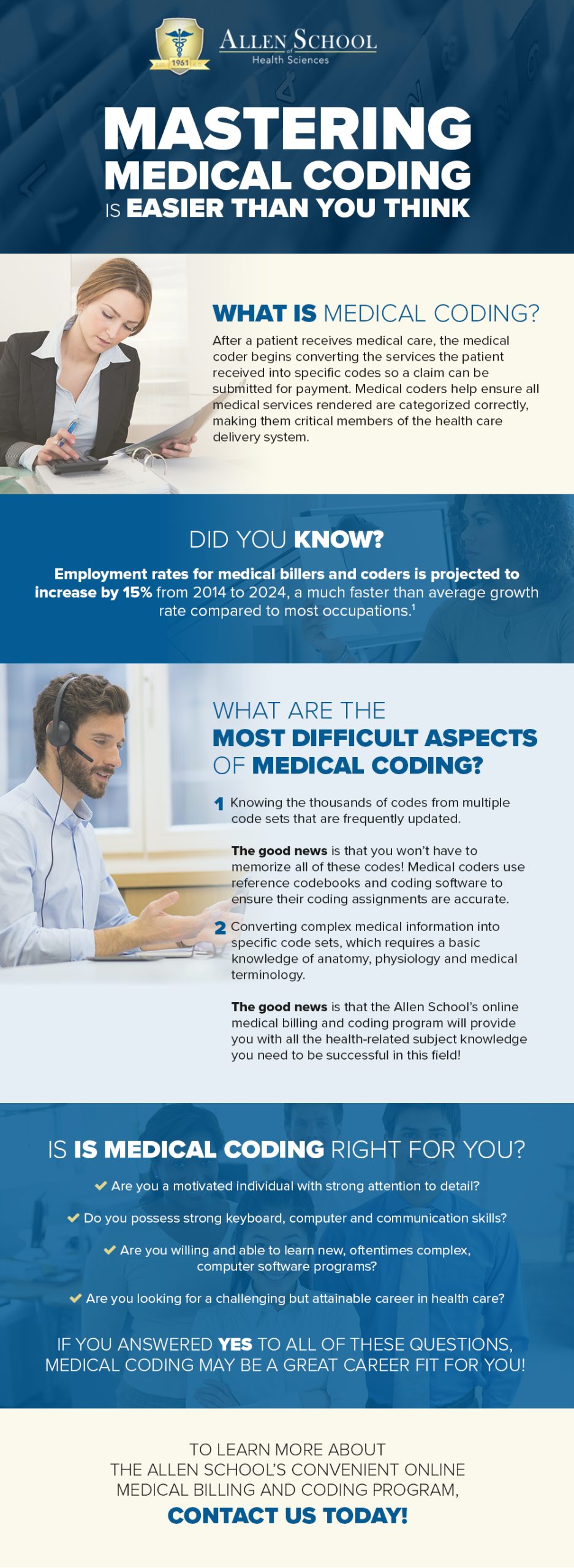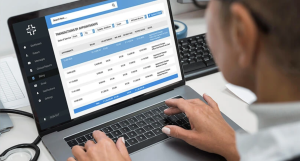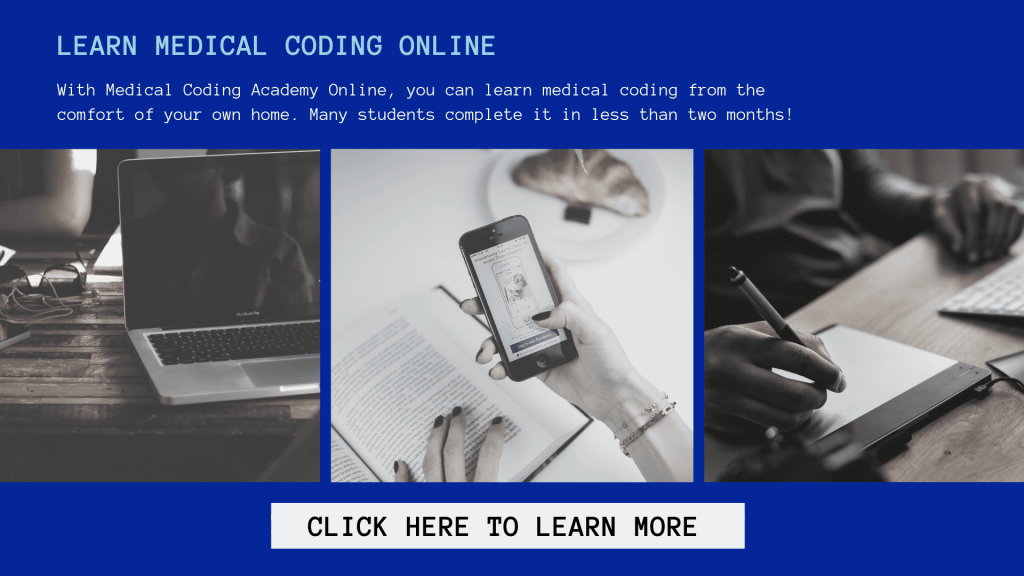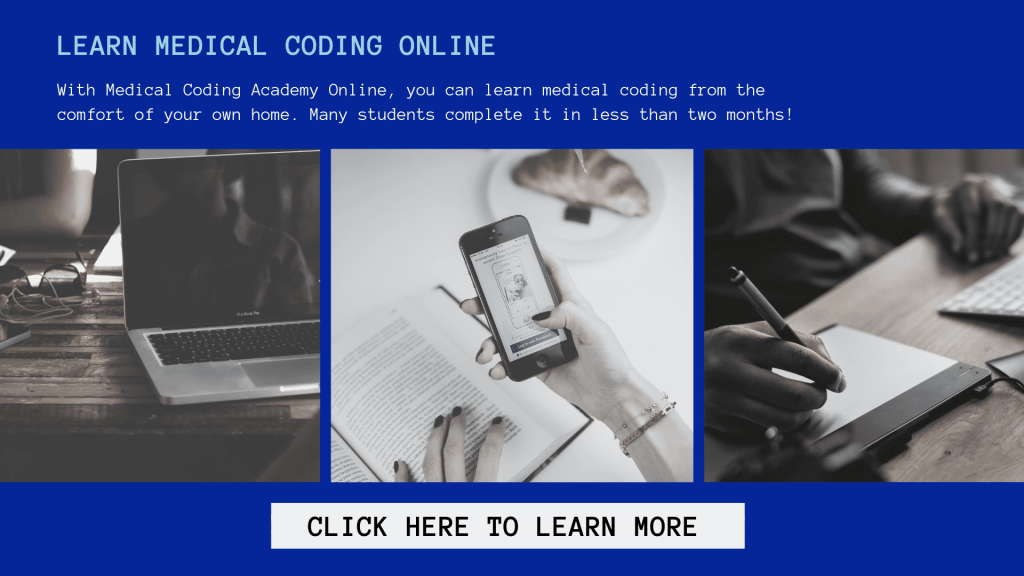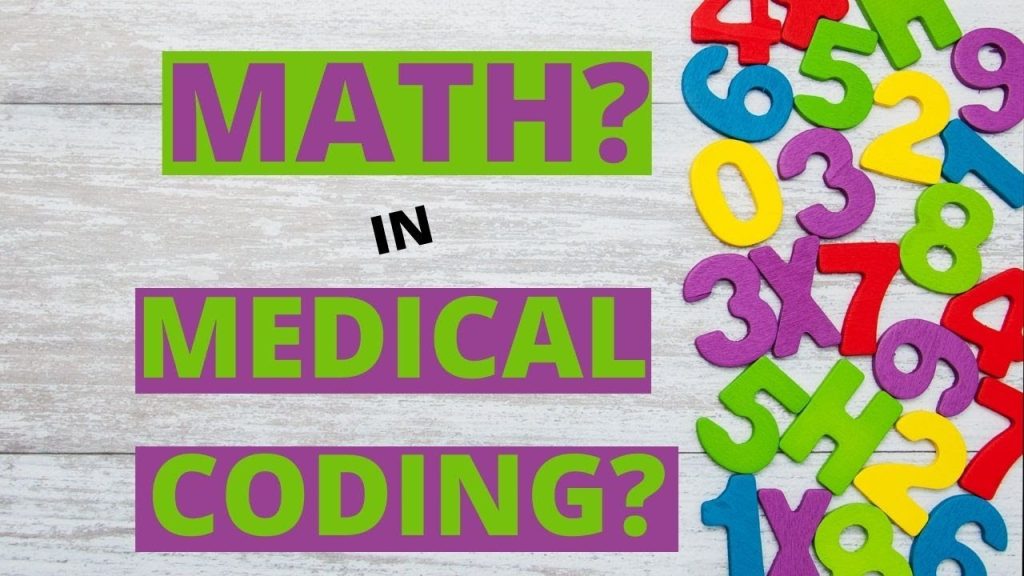“Does Medical Billing And Coding Require Math?
When considering a career in medical billing and coding, it is essential to understand the role that math plays in this field. While medical coding primarily involves assigning specific codes to diagnoses and procedures, math skills are indeed required. It is crucial to possess a solid foundation in basic mathematics, as medical coders often need to interpret and analyze complex numerical data accurately. Proficient math skills enable professionals in this field to calculate charges, determine insurance coverage, and apply appropriate billing codes. Additionally, understanding mathematical concepts aids in reconciling billing discrepancies and maintaining accurate financial records within healthcare settings. Therefore, having a strong grasp of math is an integral component for success in the field of medical billing and coding.”

Introduction
Medical billing and coding is an integral part of the healthcare industry. As a medical billing and coding professional, you play a critical role in ensuring accurate and timely reimbursement for healthcare services. While many people may assume that math skills are not necessary for this profession, the reality is quite the opposite. In fact, math skills are of utmost importance in medical billing and coding, as they are essential for understanding medical terminology, calculating medical costs, analyzing reimbursement rates, and more. In this article, we will explore the importance of math in medical billing and coding, the mathematical skills required, coding and classification systems, data analysis and reporting, accuracy and precision, continuing education and certification, and the role of math in career advancement.
The Importance of Math in Medical Billing and Coding
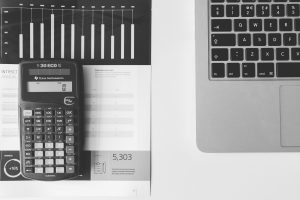
Understanding Medical Terminology
In order to accurately code and bill for medical procedures and services, it is essential to have a solid understanding of medical terminology. Many medical terms include numerical components, such as measurements and quantities, that require mathematical interpretation. Without a strong grasp of math, it would be challenging to accurately decipher these numerical aspects of medical terms, which could lead to errors in coding and billing.
Calculating Medical Costs
One of the primary responsibilities of a medical billing and coding professional is to calculate and assign appropriate costs to medical procedures and services. This involves understanding complex fee schedules, insurance policies, and reimbursement rates. Math skills are crucial in accurately calculating medical costs based on factors such as time, resources, and complexity. Without accurate calculations, healthcare providers may not receive the appropriate reimbursement for their services, leading to financial losses.
Analyzing and Estimating Reimbursement Rates
Another important aspect of medical billing and coding is analyzing and estimating reimbursement rates. Healthcare providers rely on coding professionals to accurately determine the appropriate reimbursement rates for their services. This requires a deep understanding of the complex reimbursement systems, insurance policies, and government regulations. Math skills are essential in analyzing historical data, identifying trends, and estimating future reimbursement rates. By utilizing mathematical tools and techniques, medical billing and coding professionals can make informed decisions and ensure fair and accurate reimbursement for healthcare services.
Mathematical Skills Required for Medical Billing and Coding
Basic Arithmetic Skills
Medical billing and coding professionals must have a solid foundation in basic arithmetic skills. These skills are needed to perform everyday calculations such as addition, subtraction, multiplication, and division. Basic arithmetic skills are essential for accurately calculating medical costs, determining reimbursement rates, and performing other routine mathematical tasks.
Algebraic Knowledge
Algebra is another important branch of mathematics that plays a role in medical billing and coding. Algebraic knowledge allows professionals to solve complex equations and formulas, analyze mathematical relationships, and make accurate calculations. This knowledge is particularly valuable when dealing with complex fee schedules, insurance policies, and reimbursement rates.
Understanding Fractions and Percentages
Fractions and percentages are commonly used in medical billing and coding. Understanding how to work with fractions and percentages is essential for accurately calculating discounts, copayments, and deductibles. Fractions and percentages also play a crucial role in determining reimbursement rates and analyzing financial data. Having a strong grasp of these concepts ensures precision in calculations and helps avoid errors and costly mistakes.
Coding and Classification Systems
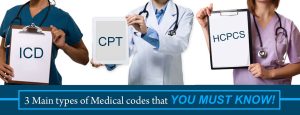
ICD-10-CM
The International Classification of Diseases, 10th Revision, Clinical Modification (ICD-10-CM) is a coding system used to classify and code diagnoses in healthcare. Accuracy in coding is essential for proper reimbursement, data analysis, and healthcare management. While ICD-10-CM primarily focuses on coding medical diagnoses, a thorough understanding of the system’s structure and conventions require mathematical literacy and attention to detail.
CPT
Current Procedural Terminology (CPT) is another coding system used to document and report medical procedures and services. CPT codes describe specific medical treatments, diagnostic procedures, and surgical services. Proper coding ensures accurate billing and reimbursement. Understanding CPT codes and correctly applying them require knowledge of numerical sequencing, mathematical logic, and attention to detail.
HCPCS
The Healthcare Common Procedure Coding System (HCPCS) is a coding system used to report healthcare procedures and supplies to Medicare and other insurance companies. HCPCS codes are used for services such as ambulance transport, durable medical equipment, prosthetics, and more. Similar to CPT codes, HCPCS codes require an understanding of numerical and alphanumeric sequences, as well as mathematical logic.
Data Analysis and Reporting

Utilizing Statistical Tools
Data analysis and reporting are crucial in medical billing and coding to ensure accuracy, identify trends, and support decision-making. Statistical tools and techniques play a significant role in analyzing and interpreting healthcare data. These tools help identify patterns, measure performance, and forecast future trends. Proficiency in statistical concepts such as averages, standard deviations, correlations, and regression analysis is essential for effective data analysis in medical billing and coding.
Analyzing Healthcare Data Trends
Analyzing healthcare data trends is an important aspect of medical billing and coding. By studying historical data, professionals can identify patterns and make informed predictions about future healthcare utilization, reimbursement rates, and healthcare expenditures. Math skills are essential in analyzing numerical data, calculating growth rates, and understanding statistical significance. This analysis allows for better resource allocation, cost control, and improved decision-making within healthcare organizations.
Mathematical Software and Tools
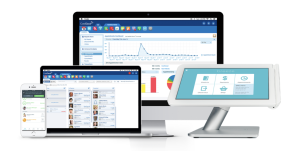
Medical Billing Software
Medical billing software plays a vital role in the efficiency and accuracy of medical billing and coding processes. These software applications often include built-in mathematical tools and functionalities that automate calculations, validate codes, and ensure accurate billing. Having proficiency in using these software tools is essential for maximizing efficiency and reducing the risk of errors.
Spreadsheet Applications
Spreadsheet applications, such as Microsoft Excel, are widely used in medical billing and coding for data organization, analysis, and reporting. Spreadsheet applications offer a range of mathematical functions and formulas that allow for complex calculations, data manipulation, and visualization. Proficiency in using spreadsheet applications is essential for managing and analyzing numerical data efficiently and effectively.
Accuracy and Precision in Medical Billing and Coding
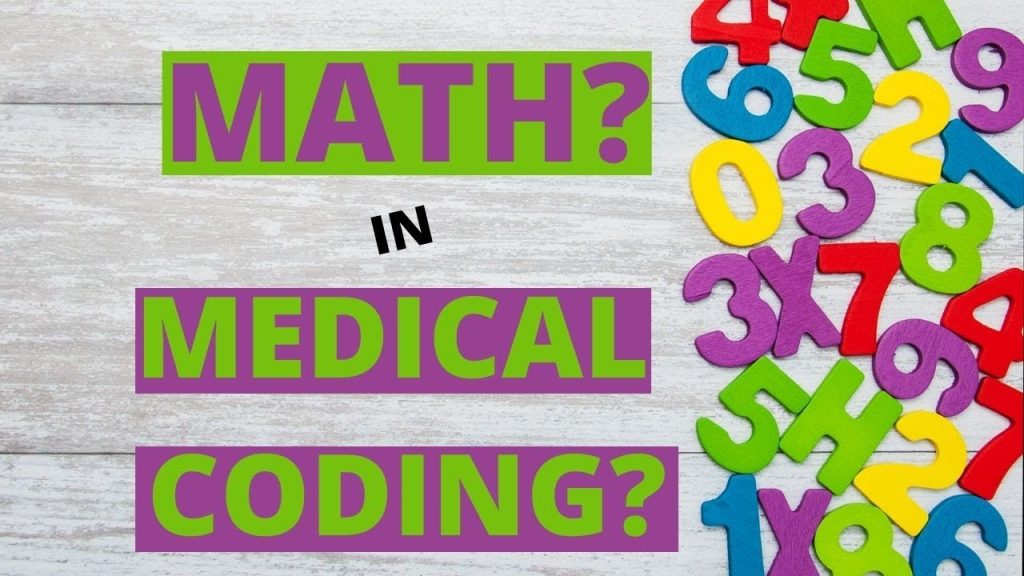
Avoiding Errors and Costly Mistakes
The accuracy and precision of medical billing and coding are paramount to ensure proper reimbursement and avoid costly mistakes. A single coding error can result in claim denials, lost revenue for healthcare providers, and potential legal and ethical issues. Math skills play a crucial role in minimizing errors through precise calculations, attention to detail, and adherence to coding conventions and guidelines.
Maintaining Ethical Standards
Mathematical skills are also essential in maintaining ethical standards in medical billing and coding. Professionals must accurately document and report medical procedures and services, ensuring ethical billing practices. Math skills are required to identify discrepancies, detect fraudulent claims, and uphold ethical standards in the healthcare billing process. By applying mathematical principles, professionals can ensure fairness, transparency, and integrity in billing and coding practices.
Continuing Education and Certification in Medical Billing and Coding

Identifying Education Requirements
Continuing education is vital for medical billing and coding professionals to stay updated with evolving industry standards, regulatory changes, and technological advancements. Many educational programs and certifications require a minimum level of math competency as a prerequisite. This ensures that professionals have the necessary mathematical skills to perform their job responsibilities accurately and efficiently.
Pursuing Relevant Certifications
Certifications in medical billing and coding demonstrate proficiency and expertise in the field. Many certification programs assess mathematical knowledge as part of the examination process. By obtaining relevant certifications, professionals showcase their commitment to excellence and validate their mathematical skills, enhancing their career prospects and potential for advancement.
The Role of Math in Career Advancement

Advancing to Management Positions
Proficiency in math is highly valued in healthcare management roles within medical billing and coding. As professionals progress in their careers, they may be responsible for financial analysis, budgeting, and revenue management. Mathematical skills are essential for analyzing financial data, identifying cost-saving opportunities, and making informed decisions. Demonstrating strong math skills opens doors to higher-level positions and increased responsibilities within the healthcare industry.
Specializing in Financial Analysis
Mathematical skills are particularly valuable for medical billing and coding professionals seeking opportunities in financial analysis. Financial analysts play a crucial role in monitoring revenue streams, identifying trends, and managing financial risks. By leveraging their mathematical expertise, medical coding and billing professionals can excel in financial analysis roles, contributing to the financial health and success of healthcare organizations.
Conclusion
Contrary to popular belief, math skills are a crucial component of success in the field of medical billing and coding. From understanding medical terminology and calculating medical costs to analyzing reimbursement rates and ensuring accuracy and precision in coding, math is intertwined with every aspect of this profession. By developing and honing their mathematical skills, medical billing and coding professionals can enhance their performance, advance their careers, and contribute to the efficient and ethical functioning of the healthcare system. So, the next time you wonder if medical billing and coding requires math, the answer is a resounding yes.

